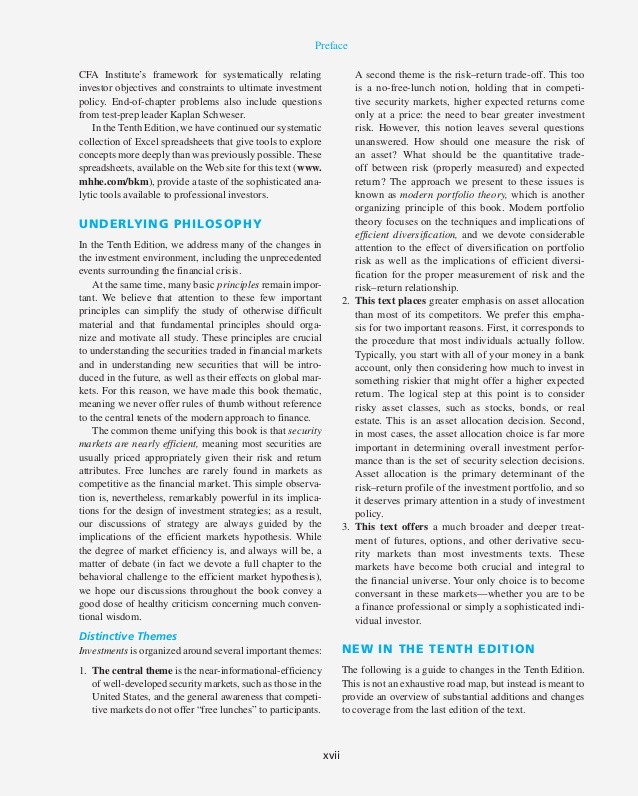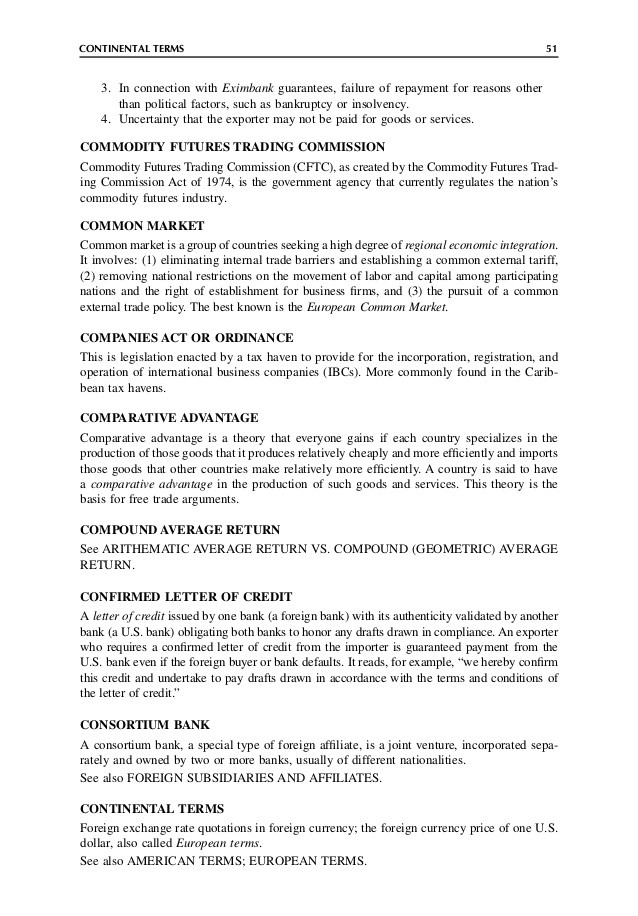Preferred Stock Payoff Not Adequate for Risk Morningstar Focus on Funds
Post on: 14 Июнь, 2015 No Comment

By Brendan Conway
To Morningstars Samuel Lee. the leading preferred-stock exchange-traded fund offers an unfavorable tradeoff for todays buyers.
In return for a 5.8% yield, investors buying iShares S&P U.S. Preferred Stock Index fund (PFF ) get duration risk, call risk and, after inflation, an expected real return of 3.3% [Note 1:30 p.m.. I neglected to point out in the original version of this post that 3.3% is Lees best case return yikes). Then theres default risk remote in good times, but very real in a recession. Overall, I don’t believe PFF’s payoff is adequate at today’s prices, Lee writes in the April Morningstar ETF Investor newsletter.
Plenty of investors would disagree. They might note the lack of decent-yielding options elsewhere. They might view the chance of another liquidity crisis as remote enough that prices can rise further still. They could argue that duration risk wont be a problem until 2014 at earliest. They could hope for a repeat of PFFs 18% rise during 2012, which outpaced the S&P 500 (SPY ).
But a critic might point out that PFFs drawdown at its worst point was much steeper than the 23% full-year loss in 2008 suggests. Lee notes the ETF fell from about $45 a share in mid-2008 to $15 in March 2009. It snapped back quickly after the March market bottom, such that the full-year figures dont look nearly so painful.
Think of preferreds like selling lottery tickets, or negative skewness meaning a bigger chance of losses, Lee writes. The best thing about preferreds is they go on sale at steep discounts when liquidity dries up, he adds:

I’m going to point to Warren Buffett as the master of selling negative skewness. Berkshire Hathaway’s (BRKB ) business of selling catastrophe insurance is the ultimate negatively skewed proposition, where bad years can lead to multi-billion-dollar payouts. In 2005, hurricanes Katrina. Rita. and Wilma cost Berkshire about $11.5 billion (according to the Berkshire Hathaway 2005 Shareholder Letter). Buffett has also made heavy use of preferreds when he provided Goldman Sachs (GS ) and General Electric (GE ) capital during the terror of the financial crisis, again in 2011 when he rode in to save Bank of America (BAC ), and again more recently when he bought HJ Heinz (HZ ) in February this year. A major difference between us and Buffett is he got higher yields (9%–10%) and options that exposed him to significant upside with no additional risk.
Credit Suisse Goes Super-Bull on Japan Next
In Monday Selloff, Most Gold ETF Shareholders Stood Pat














